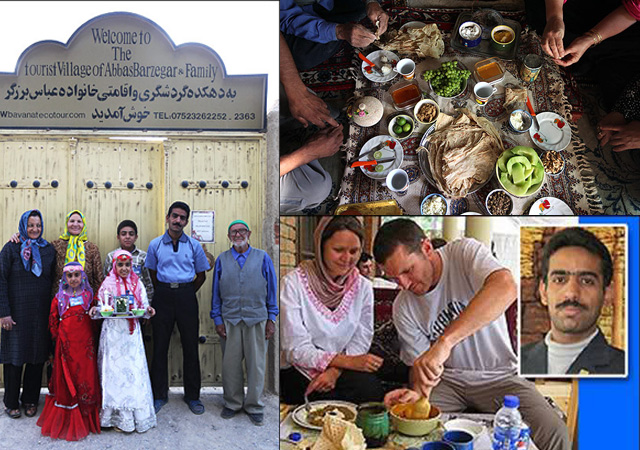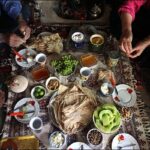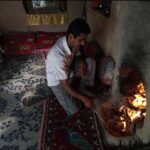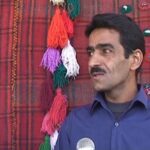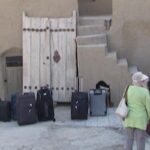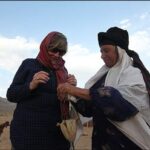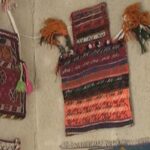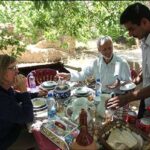It all started when Abbas Barzegar, a villager in southern Iran, bumped into two foreign tourists and their interpreter who had lost their way. The hospitable rural man invited the trio over to his humble abode, served them local food, and put them up for the night.
According to a February 23 issue of SMT daily, that is how the village of Bazm in Fars Province made a name for itself as a foreign tourist mecca. The following is a partial translation of the newspaper report:
On a rainy night two German tourists are invited to the humble house of Abbas Barzegar, a resident of Bazm, a small village near Bavanat in Fars Province, and are served local food.
When Barzegar finds one of the two German tourists pretty down, he inquires about the reason behind his sadness. Through the interpreter the young German tells his host that the following day is his birthday and he is unhappy about being unable to be with friends and family back home to celebrate his birthday.
When the children of the young villager learn about the German tourist’s birthday, they hastily arrange a party to celebrate the occasion. The German guy, who is elated by the arrangement, films the impromptu party and takes it back home.
In Germany the young man’s mother who is a journalist publishes a report on what has happened to her son in Iran. And that marks the start of Barzegar Tourist Village, which allows visitors to experience Iranian rural life during their stay.
The owner of the hotel says he is expanding business, preparing as many as 15,000 tents to accommodate foreign tourists.
In its tourism guide, UNESCO has described the nomadic tour as one of the most exciting tourism experiences in Iran.
Presently, Barzegar charges tourists, who are mostly from Spain, Portugal and Poland, 700 euros [!] a night for their stay in the tent village he runs.
Experts say if the quality of services offered in this unique complex is improved, its revenues can top those of five-star hotels in the Middle East and across the world.
Barzegar says he is now training locals on how to host foreign tourists and that some 100 youngsters have learned English already to be able to communicate with visitors. These future tour guides of sorts are supposed to help foreign tourists experience firsthand what rural people do, including taking trips to nearby mountainsides to pick medicinal herbs and attending nomadic functions.
The owner of the tourist hotel which is booked solid through early 2017 says honesty holds the key to his success. He says he doesn’t do anything that might dent the trust that has been established between him and the guests.
